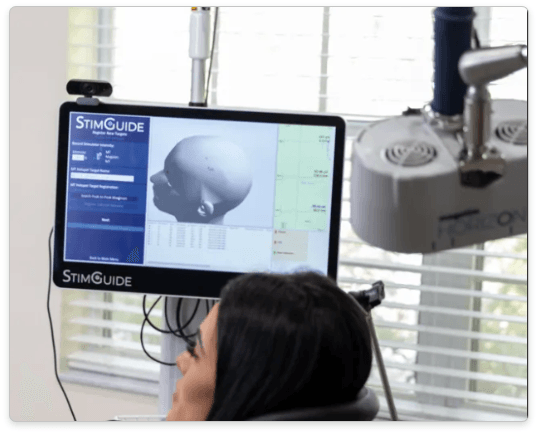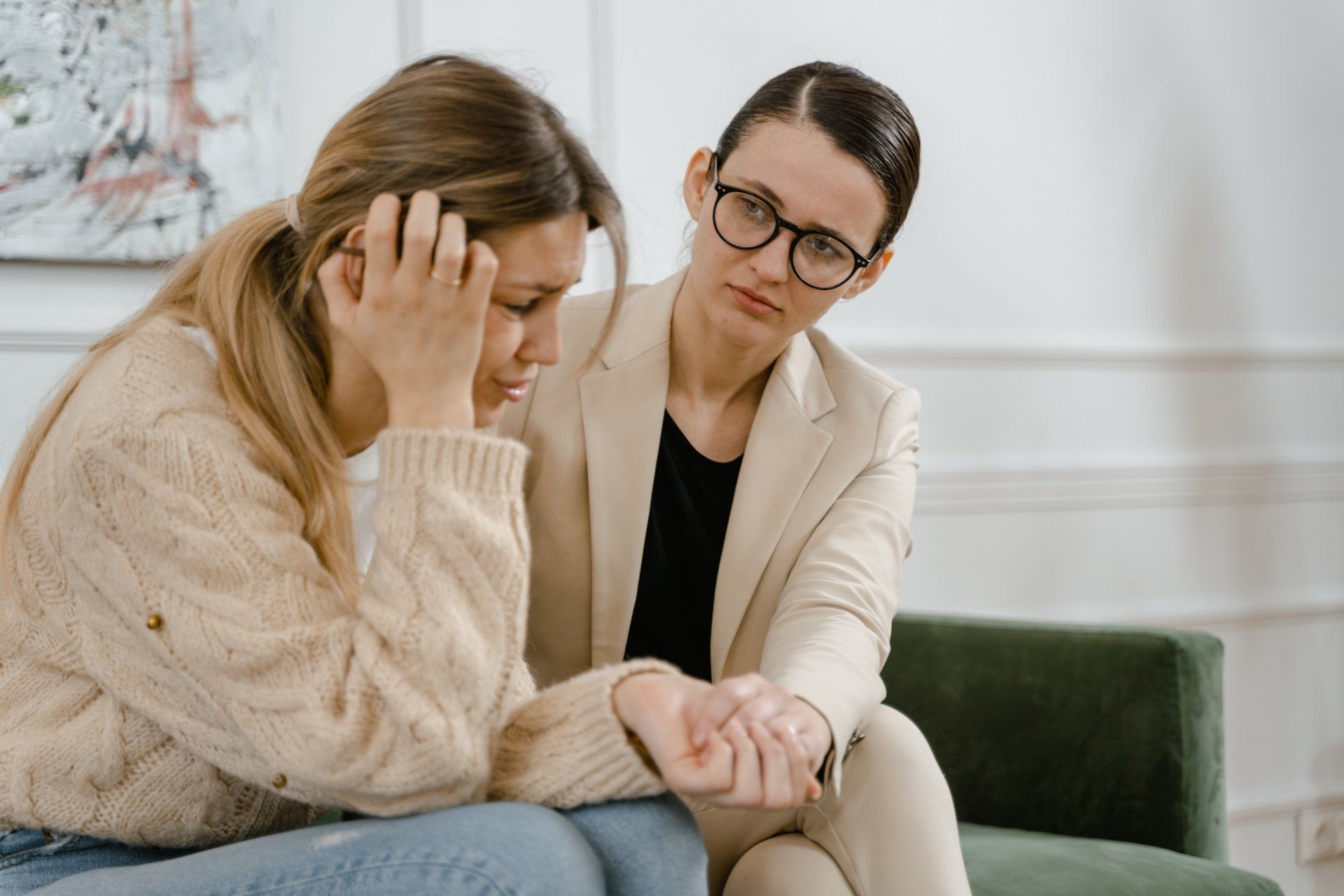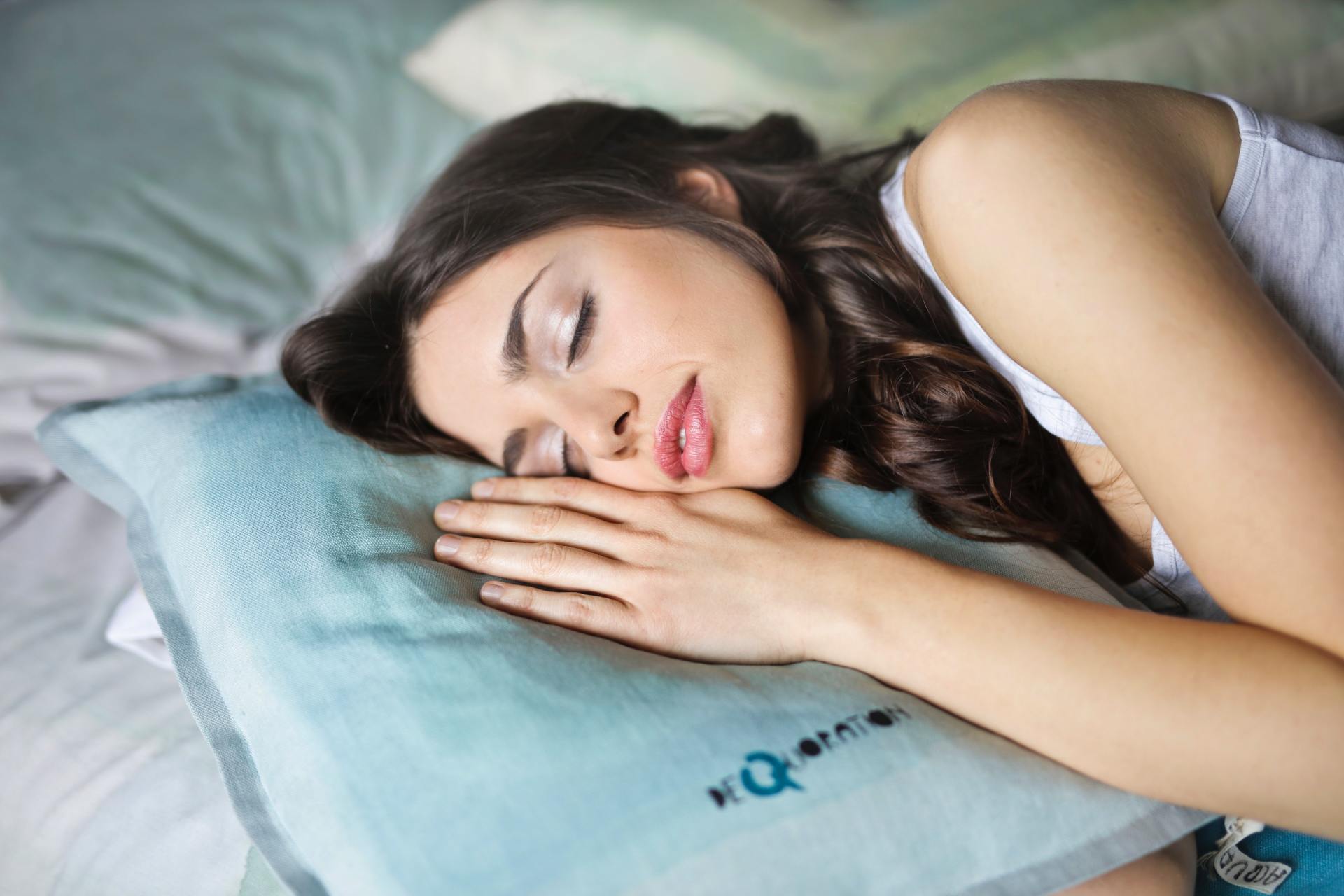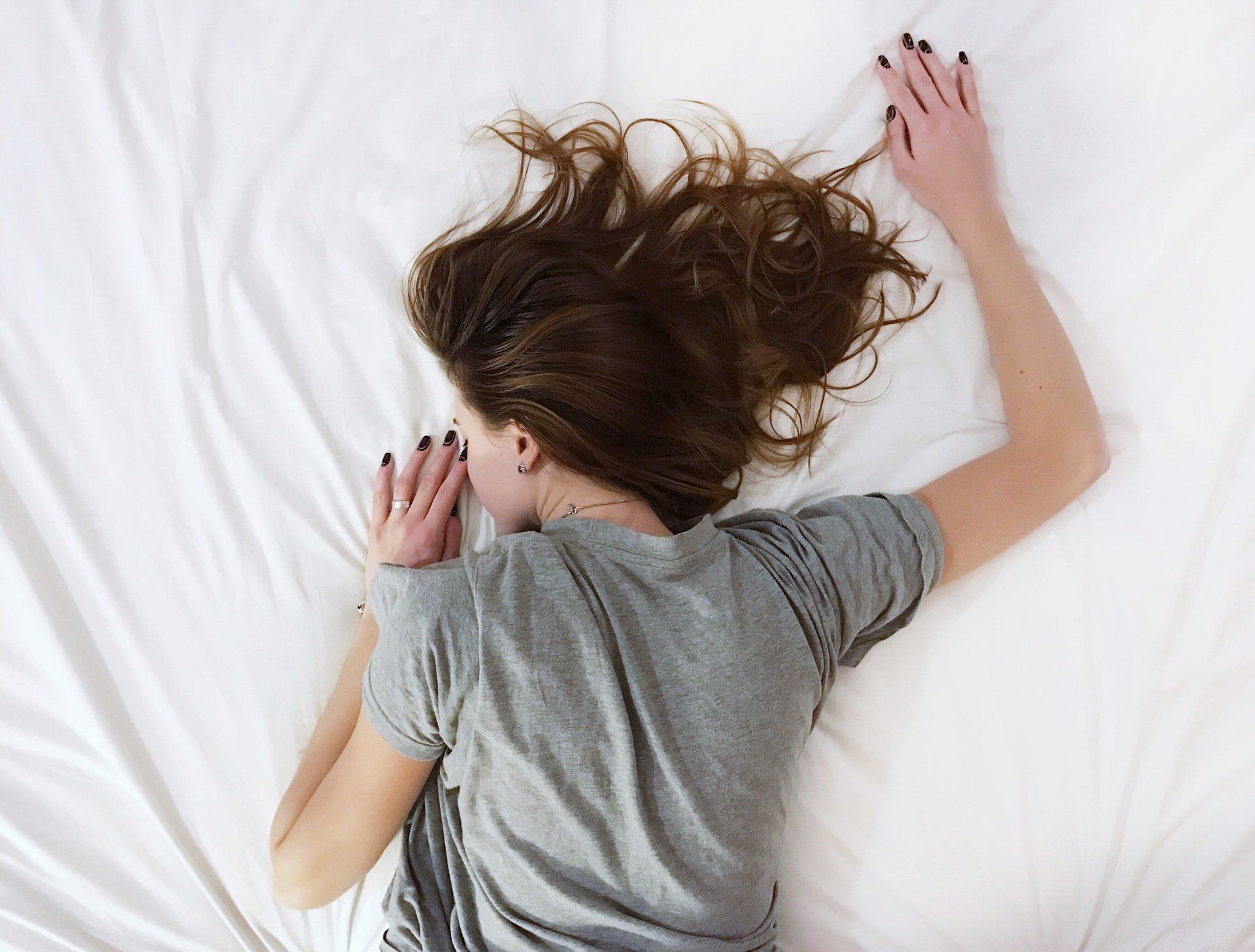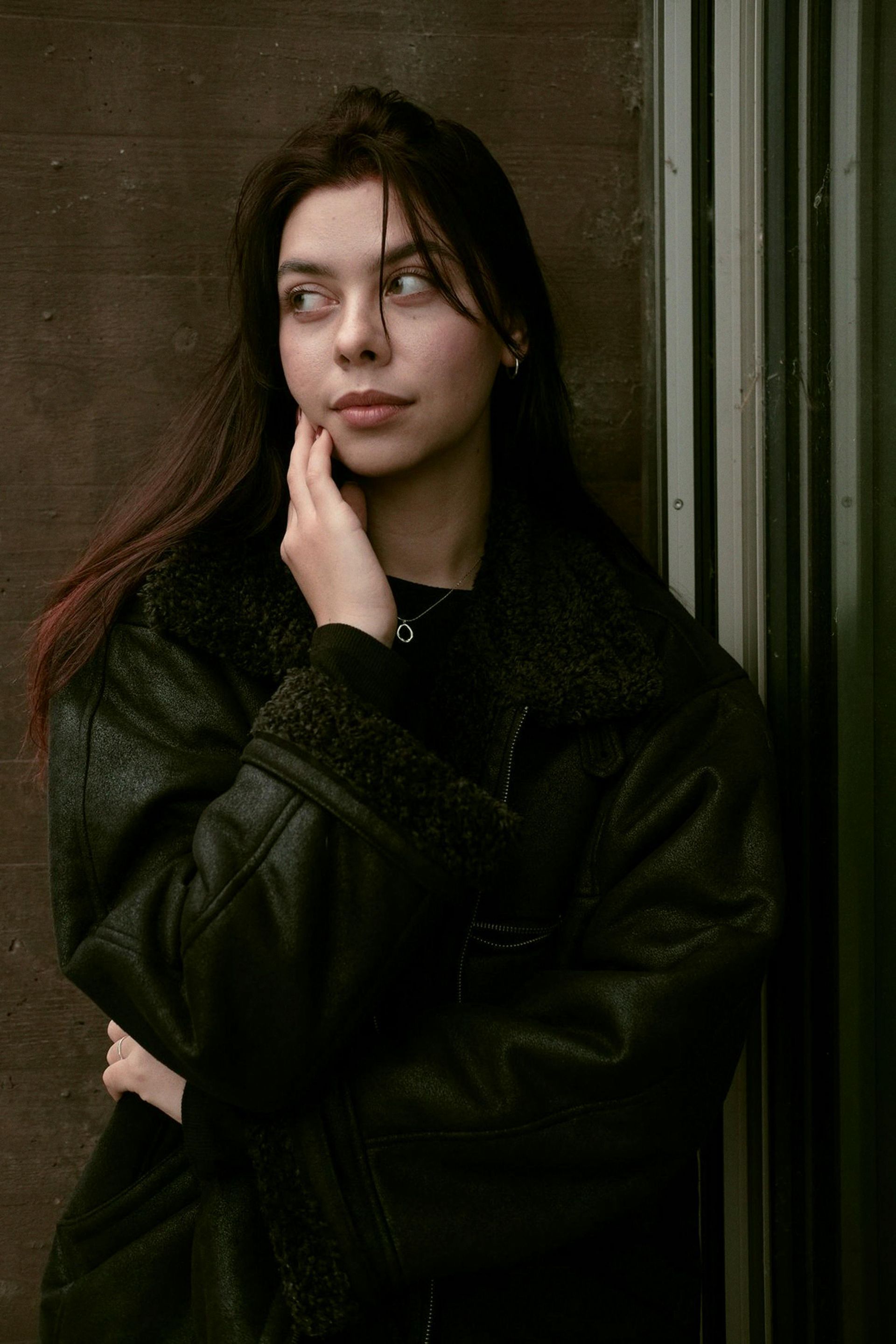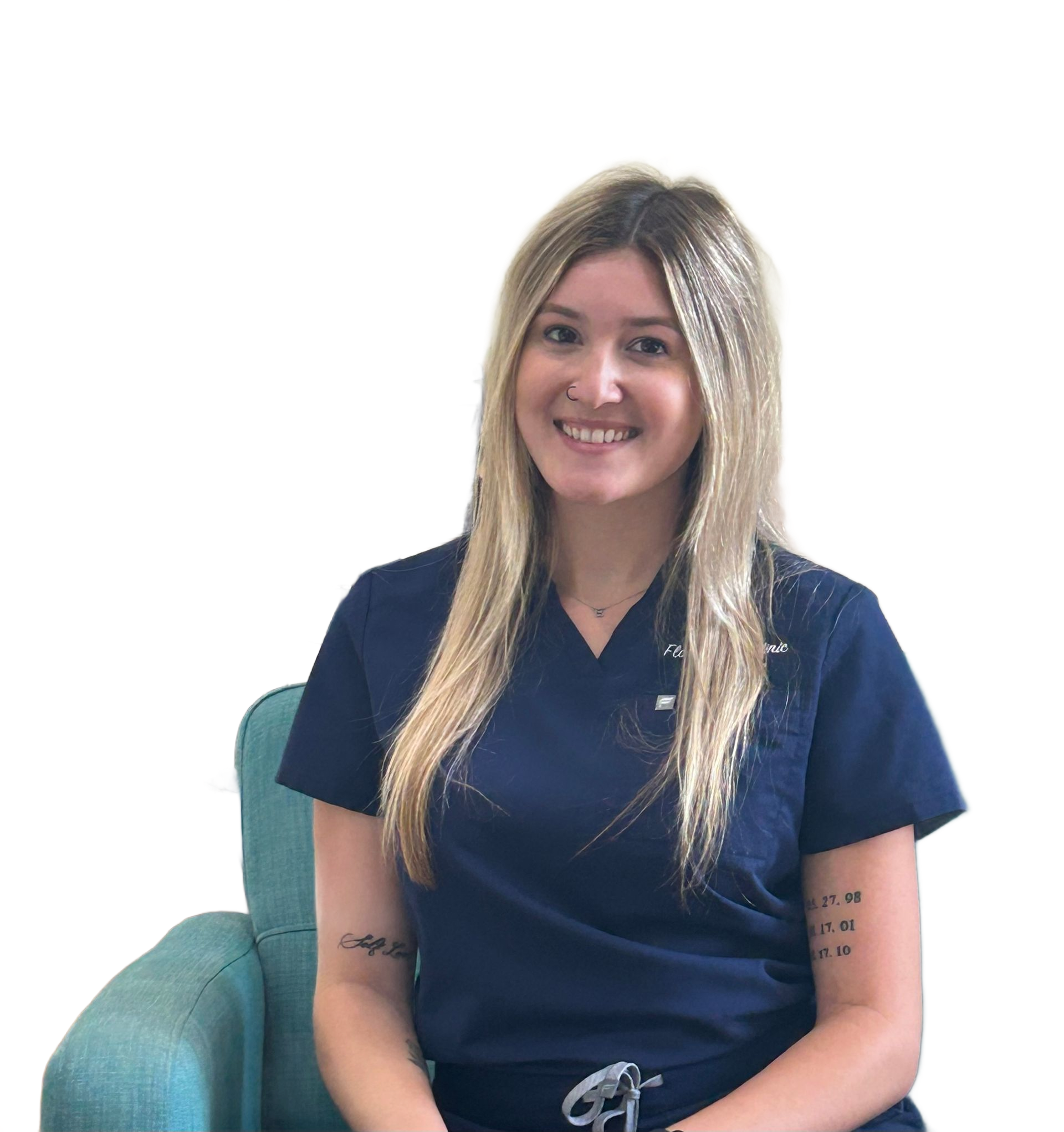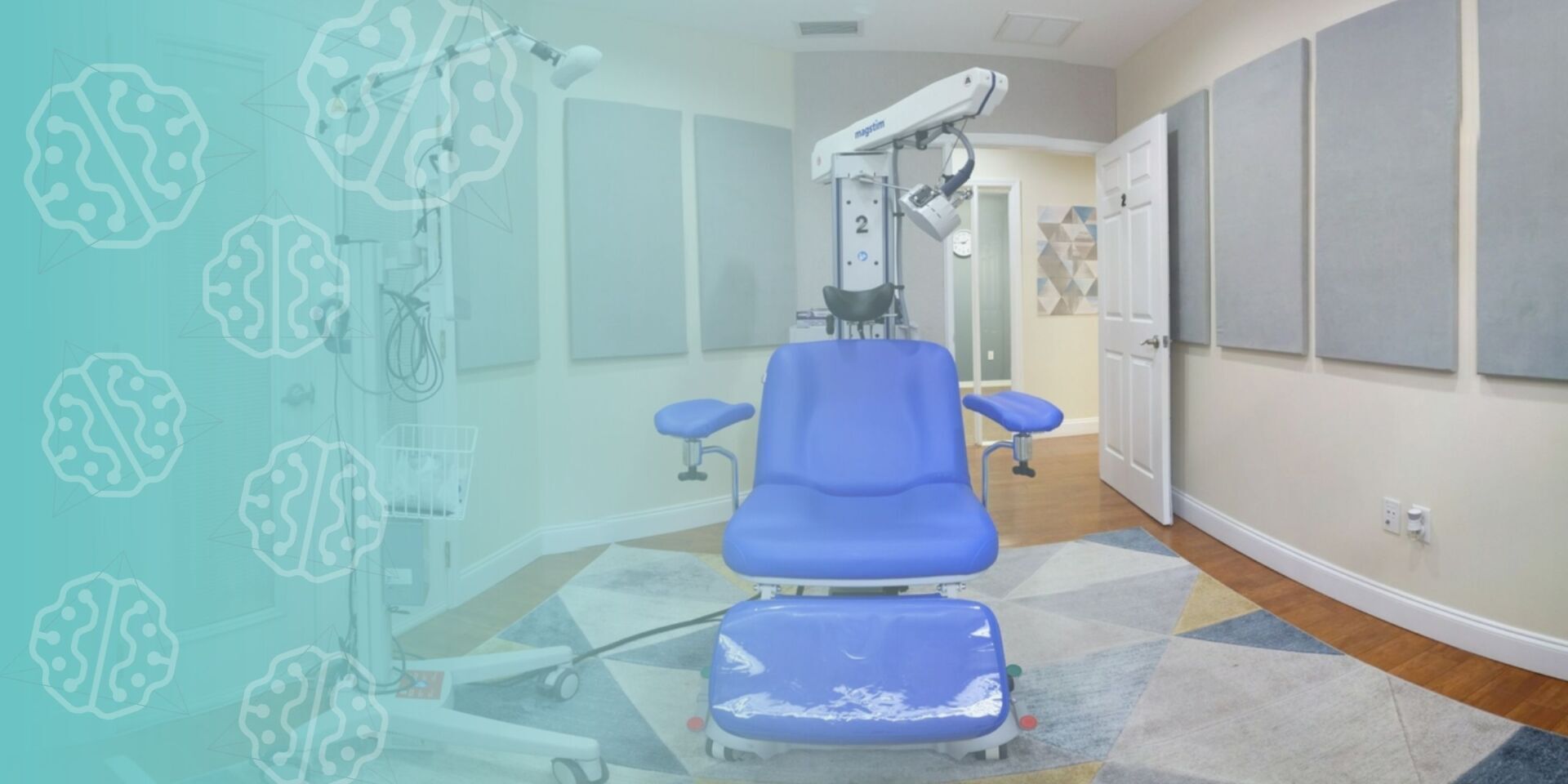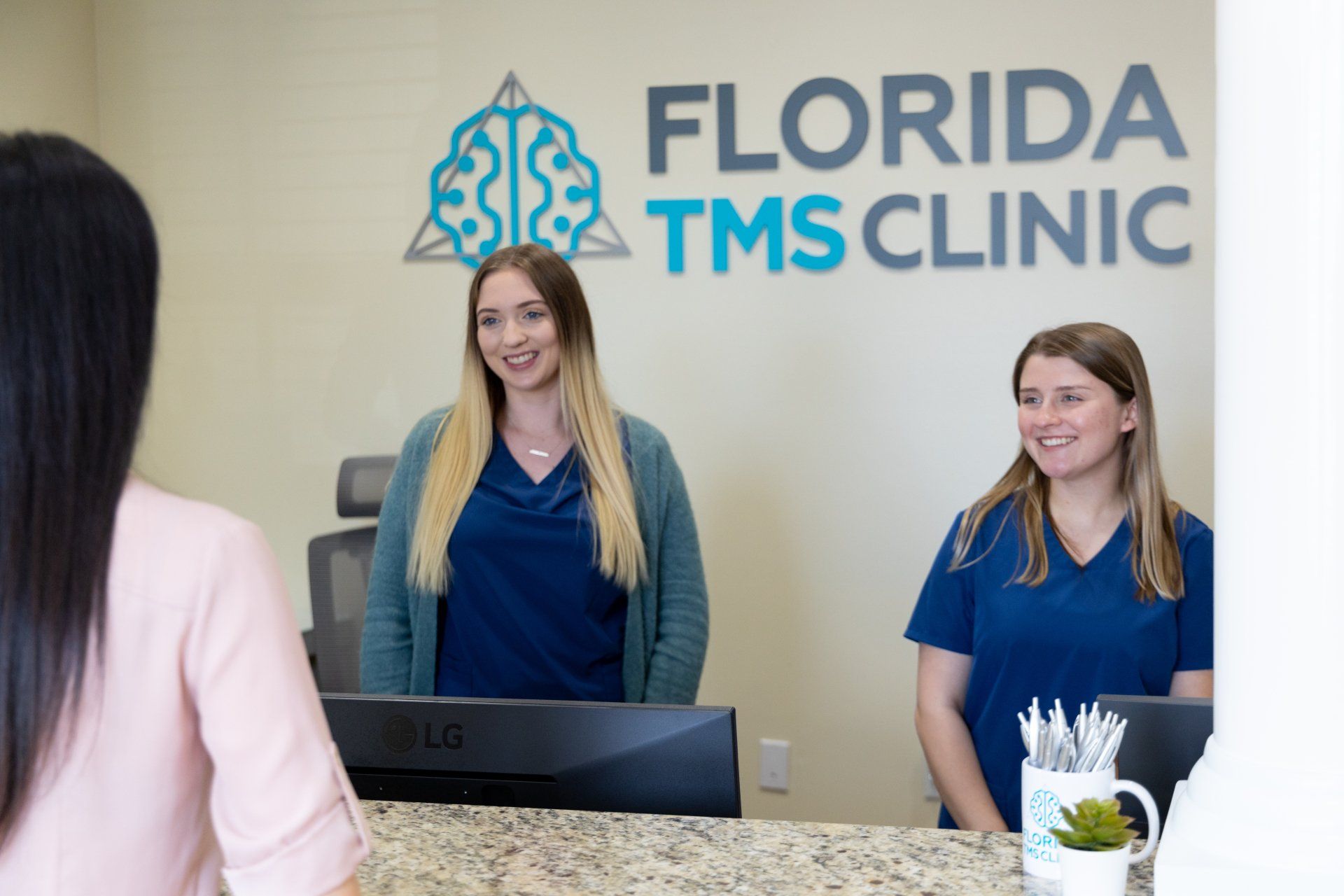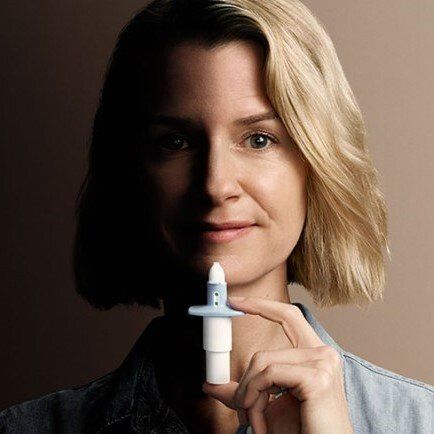Alternative Treatments For Depression
Mental health care has been under the spotlight recently, and for all the good reasons we are already familiar with. The shortage of mental health care makes it challenging to get the mental health care needed in a timely manner. Depression tops the list of mental health disorders affecting the population in the US. Severe clinical depression can lead to several dysfunctions in all aspects of life, including but limited to personal, medical, family and career-wise. Clinical depression cases lead to death by suicide which should be taken with all seriousness. If you or your loved one needs immediate help, please call 911. The new 988 Suicide and Crisis Lifeline 988 can also be utilized as well.
Traditionally depression is treated with talk therapy and antidepressants. CBT, or Cognitive Behavioral Therapy, is the most commonly used form of talk therapy. SSRIs, or selective serotonin reuptake inhibitors, are the most widely used class of medications for depression. That being said, there are many other alternative treatments for depression that can be utilized in addition to traditional treatments. Some alternative treatments are available to everyone, and others require medical professionals. Please consult with your psychiatrist for personalized medical care.
Alternative Treatments for Mild to Moderate Depression.
Some of the alternative treatments for depression that don’t require taking any supplements include Meditation, Yoga, Acupuncture, Guided imagery, Chiropractic treatments, Hypnosis, Biofeedback, Aromatherapy, and Light Therapy.
Some of the alternative herbal treatments for depression include Curcumin, Saffron, St. John’s Wort, SAM-e, and Ginkgo biloba.
Though the above options could be helpful for patients suffering from mild to moderate depression, these might not be strong enough to combat severe depression. About one-third of patients with clinical depression have what is called Treatment-Resistant Depression. This is more of a stubborn depression that doesn’t respond to classical psychotherapy and antidepressants. Herbals (chemicals, after all) can sometimes help with mild cases of depression. Yoga, massage, and exercise are helpful for mild to moderate depression. A severely depressed patient will probably have severe anhedonia (lack of interest) that lowers their motivation to take such an approach.
Alternative Treatments for Severe Depression.
In the last decade, a few treatments emerged as alternatives to medications in the case of severe depression and particularly treatment resistant depression. Three of the most important examples are TMS, Esketamine, and VNS.
TMS
TMS is Transcranial Magnetic Stimulation. TMS is a non-invasive, non-drug, alternative treatment for depression that uses magnetic pulses to simulate areas of the brain involved in the cycle of depression. It requires daily treatments for a few weeks and has non of the side effects associated with medication antidepressants, like sexual side effects and weight gain. The FDA has cleared TMS since 2008, and it is available at many specialized clinics.
Esketamine
Esketamine is a dissociative anesthetic derived from Ketamine. When used in a small dose, it induces temporary mild dissociation. When repeated a couple of times a week over 1-2 months, it can heal depression via a process called neuroplasticity. This is a form of rejuvenating brain cell connections. Esketamine was approved by the FDA in 2019 and is available at a few specialized clinics.
VNS
VNS is Vagus Nerve Stimulator. It is a device that consists of a battery-driven stimulator that gets implanted in the upper chest wall with wires branching out of it to the neck connecting to the Vagus Nerve. Stimulating the latter helps with refractory cases of depression. This treatment is available at multidisciplinary treatment centers, requiring coordination with neurosurgeons to place the device.
Future Alternative Treatments for Depression.
Psilocybin and MDMA
Psilocybin and MDMA are being heavily studied for depression and PTSD. Safety and efficacy clinical trials are currently ongoing to give direction on how to use psychedelics for depression treatment.
Implantable Microchip
Implantable Microchip Technology for “machine-brain interface” is also being developed to solve some of the most stubborn neuropsychiatric disorders. Elon Musk invested billions of dollars in a startup under the name Neuralink.
SAINT TMS
Out of the future alternative treatment options for depression, the closest to mass market application will probably be accelerated TMS. This modified TMS protocol is much faster and possibly more effective than traditional TMS. It is now FDA cleared but the device is not wisely available yet.
As you can see, there are many treatment options for depression beyond talk therapy and medications. All of which can be used to decrease the suffering of those struggling with clinical depression. Florida TMS Clinic stands out as the best depression treatment center in the Tampa Bay Area providing many alternatives for depression treatment.
